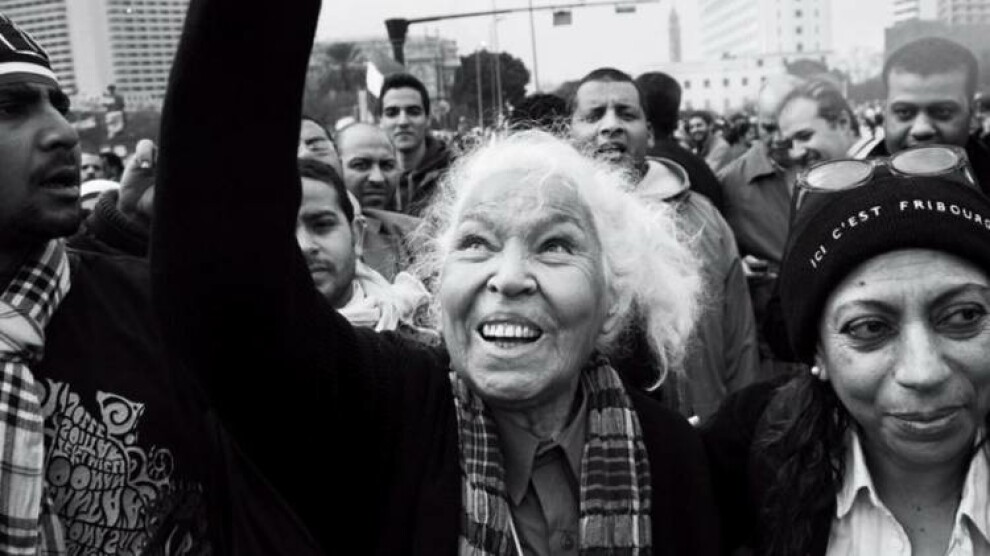‘A life dedicated to writing’: Nawal el- Saadawi

Nawal al-Saadawi, whose works have been translated into more than 30 languages, has gone in history as “challenger”.
News Center- An Egyptian feminist writer, activist, physician, and psychiatrist, Nawal El Saadawi passed away. She dedicated her life to writing. Saadawi left 55 books and a legacy of unforgettable resistance behind her.
Nawal El Saadawi, a famous Egyptian feminist writer, died at 89. Saadawi, known for her attitude challenging all kinds of taboos and authority throughout her life, passed away in Cairo.
She was born on 27 October 1931 in the village of Kafr Tahla located in the Nile Delta which she wrote a lot in her books. She is known all over the world for her books as well as her contribution to Egyptian feminist movements. Nawal al-Saadawi wrote many books about the place of women in Islam. She is well known for her advocacy against female genital mutilation. She was imprisoned to launch a campaign to halt female genital mutilation. The works of Saadawi have been translated into more than 30 languages and inspired many women all around the world.
Her works translated into more than 30 languages
Saadawi began writing early in her career. In 1957, she began to write short stories, and in 1958, her first novel “Memoirs of a Woman Doctor” was published and then she wrote many other novels such as “Women and Sex”, “Woman at Point Zero”, “The Hidden Face of Eve”, “and God Dies by the Nile”, “The Circling Song, Searching”, and“ The Fall of the Imam”. Her works have been translated from the original Arabic into more than 30 languages, including English, French, German, Spanish, Portuguese, Swedish, Norwegian, Danish, Italian, Dutch, Finnish, Indonesian, Japanese, Persian, Turkish, Urdu, and others.
Her work ‘Women and Sex’ was published in 1972 led to her dismissal at the Ministry of Health
In 1972, she published her first work of non-fiction, Women and Sex, which evoked the antagonism of highly placed political and theological authorities. It also led to her dismissal at the Ministry of Health. In an interview, Saddawi described her life as “a life devoted to writing.”
